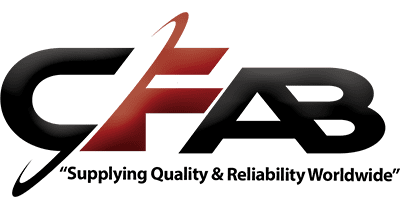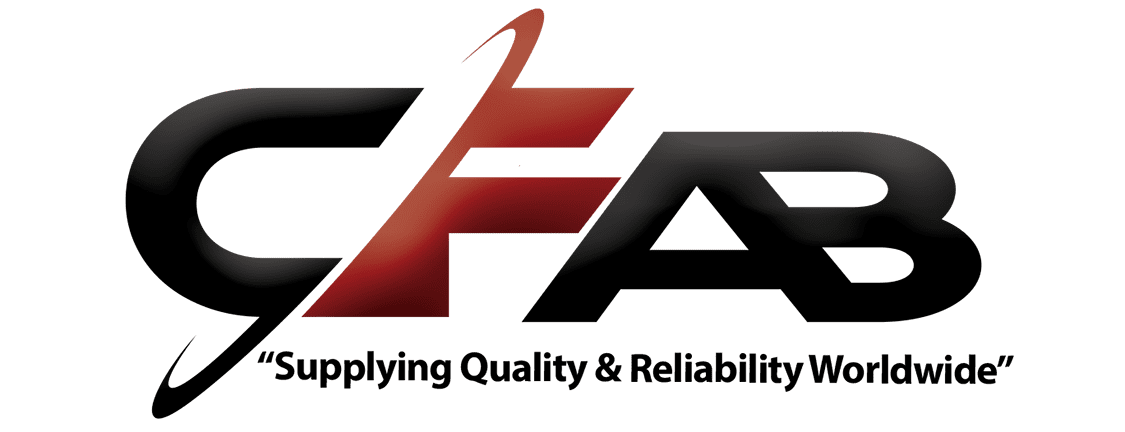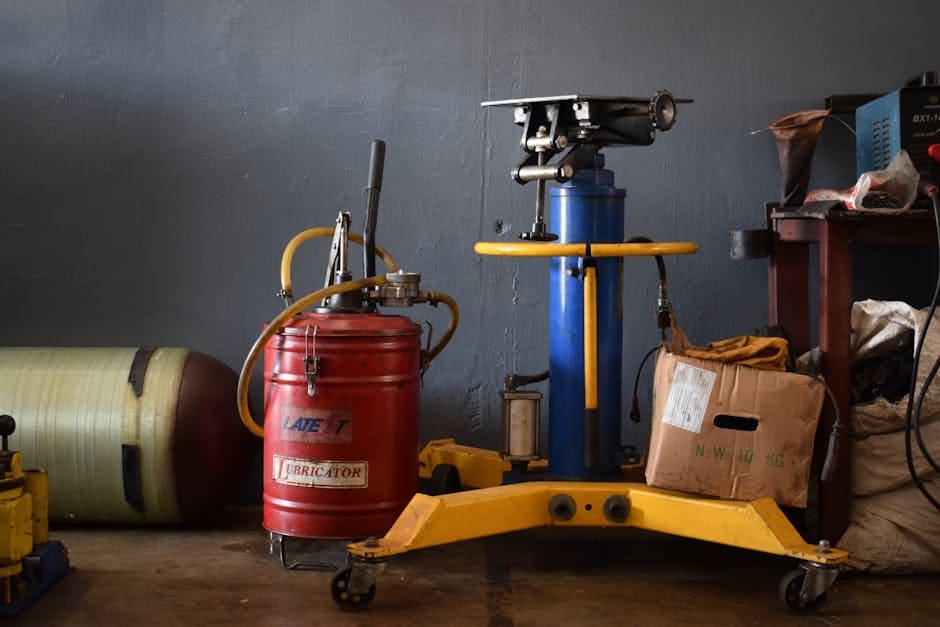Understanding Lubrication: Grease vs. Oil
When it comes to the essentials of machinery upkeep, the debate often narrows down to grease vs oil. Which is better for your equipment? At first glance, you might think they both do the same job, but there’s more to the story.
If you’re just looking for a quick answer, here’s a brief overview:
Grease:
– Best for: Heavy loads, vertical movements, contaminant barriers
– Functions: Sealing, corrosion protection, longevity in demanding conditions
Oil:
– Best for: High-speed operations, efficient cooling, frequent lubrication needs
– Functions: Heat dissipation, deeper penetration, easier to apply in tight spaces
Grease vs oil isn’t just about choosing one over the other; it’s about understanding where each outperforms the other. The choice between grease and oil will impact the efficiency, lifespan, and maintenance frequency of your machinery.
As Todd Cleppe, an expert with over 25 years in designing automated lubrication systems, I’ve seen how the right lubricant can make or break equipment efficiency. From my experience in the food packaging industry, I can assure you that proper lubrication is the backbone of reliable machinery. Stay tuned to discover how to make the best choice for your specific needs.

Understanding the Basics of Grease and Oil
Definitions
Grease is essentially oil with a thickener added to it. This thickener forms a fibrous network that holds the oil in place, acting like a sponge. Grease is typically solid at room temperature.
Oil, on the other hand, is a liquid lubricant. It is free-flowing and does not contain thickeners.
Key Differences
- Consistency: Grease is usually solid at room temperature, while oil is liquid.
- Composition: Grease is made by adding thickeners like soaps, clay, or minerals to oil. Oil is a pure liquid lubricant.
- Applications: Grease is mainly used in machinery, tools, and equipment. Oil has wide-ranging uses beyond industrial applications, including cooking and cosmetics.
- Behavior in Use: Grease stays where it’s applied, making it suitable for situations requiring long-lasting lubrication. Oil flows more freely and is better for continuous lubrication.
Physical Properties
Here are some key physical properties that differentiate grease and oil:
-
Consistency: The National Lubricating Grease Institute (NLGI) rates grease based on its firmness, from 000 (fluid) to 6 (very hard). Oil does not have such a scale as it is always fluid.
-
Dropping Point: This is the temperature at which the oil begins to separate from the thickener in grease. Oils don’t have this property since they don’t contain thickeners.
-
Water Resistance: Grease is generally more water-resistant than oil, making it suitable for applications exposed to moisture.
-
Base Oil Viscosity: This refers to the stickiness of the oil used in grease. Oils can have a wide range of viscosities, from very thin to very thick.
-
Load Carrying Ability: Grease can handle higher loads because the thickener helps to hold the lubricant in place under pressure. Oil is better for high-speed applications where less friction is needed.
-
Pumpability: Oil is easier to pump and distribute than grease, which can be thick and challenging to move through a system.
-
Oil Separation: For grease to be effective, some amount of oil must separate from the thickener during use. Oil, being a liquid, doesn’t have this issue.
Real-World Example
Imagine you are maintaining a piece of food packaging machinery. Grease would be ideal for components that need to stay lubricated over long periods without frequent maintenance. For example, Beth-El Machinery Ltd. offers food-grade greases that are safe for incidental contact with food. On the other hand, oil would be more suitable for parts requiring frequent lubrication and cooling, like in high-speed bearings.
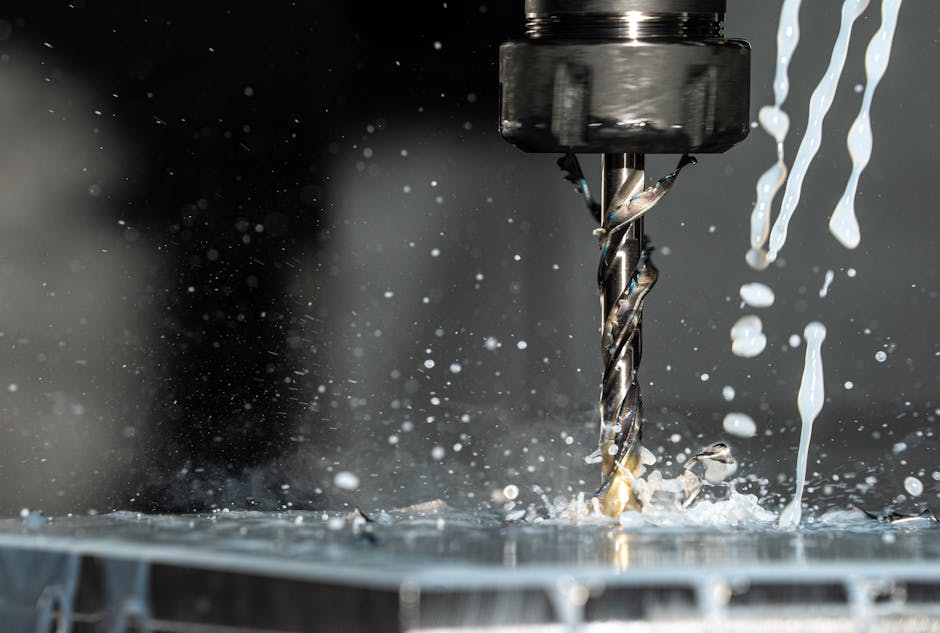
Understanding these differences can help you make the best choice for your equipment’s needs, ensuring optimal performance and longevity.
When to Use Grease Over Oil
Choosing between grease and oil depends on your specific application needs. Here are some scenarios where grease is the better option:
High-Load Applications
Grease is excellent for high-load applications. It provides a thicker film that can handle heavy loads without being squeezed out. For instance, in slow-speed, high-load sliding conditions, grease suspends solid additives better, offering superior protection and longevity.
Sealed Mechanisms
For sealed mechanisms, grease is often the go-to choice. It stays in place, providing continuous lubrication without the need for frequent reapplication. This is particularly useful in sealed-for-life applications like electric motors, where the components are not easily accessible for regular maintenance.
Intermittent Operations
Machines that operate intermittently benefit from grease because it remains in place even when the machine is not running. Unlike oil, which can drain back to the sump, grease stays put, ensuring that the components are lubricated from the moment the machine starts. This reduces the risk of dry starts, which can cause significant wear and tear.
Environmental Sealing
Grease acts as a sealant, preventing contaminants like water and particles from entering the mechanism. This makes it ideal for environments with high levels of contaminants. For example, surplus grease packed around seals can prevent the ingress of particles and water, and periodic regreasing can purge contaminants away from working surfaces.
Noise Reduction
In applications where noise reduction is crucial, grease is often preferred. It provides a damping effect that can significantly reduce operational noise. This is particularly useful in automotive applications and machinery where quiet operation is a priority.
Understanding when to use grease over oil can significantly enhance the performance and longevity of your equipment. Next, we’ll explore scenarios where oil might be the better choice.
When to Use Oil Instead of Grease
Choosing between grease vs oil depends on your specific application needs. While grease has its benefits, there are situations where oil is the better choice.
High-Speed Applications
For high-speed applications, oil is often preferred. Oil flows easily, reducing friction and wear on fast-moving parts. For example, in car engines, oil circulates rapidly to lubricate the moving parts, ensuring smooth operation and preventing overheating.
Example: In an engine running at 10,000 RPM, oil can quickly circulate through the system, providing consistent lubrication. This helps prevent metal-on-metal contact, which can cause severe damage.
Heat Dissipation
Oil excels at dissipating heat. It transfers heat away from the components, reducing the risk of overheating. This is crucial in systems that generate a lot of heat, such as industrial machinery or automotive engines.
Case Study: Many industrial machines use oil because it can be pumped through a heat exchanger, cooling the system efficiently. This not only extends the life of the machine but also maintains optimal performance.
Areas Requiring Frequent Lubrication
In areas that need frequent lubrication, oil is easier to apply and reapply. It can be circulated continuously, ensuring that all parts receive adequate lubrication.
Example: In firearms, oil is used for regular maintenance because it penetrates metal pores and provides consistent lubrication. However, for long-term storage, grease might be used to prevent rust.
Applications with Fine Mechanisms
For applications with fine mechanisms, oil’s low viscosity allows it to reach tight spaces more effectively than grease. This is particularly important in precision instruments like watches or small machinery.
Example: In a watch, oil can lubricate the tiny gears and springs without causing any clogging, ensuring smooth and accurate operation.
Understanding the benefits of oil in these specific scenarios can help you make an informed decision. Next, we’ll look at specific applications and recommendations for grease and oil.
Grease vs Oil: Specific Applications and Recommendations
Bearings
Wheel Bearings: Grease is the go-to lubricant for wheel bearings. It stays in place, providing long-lasting protection and reducing the need for frequent reapplication. This is essential in preventing metal-on-metal contact, which can lead to wear and tear.
Roller Bearings: For roller bearings, grease is also preferred. It creates a barrier that protects against contaminants like dirt and water. This is especially important in outdoor or industrial environments where these elements are prevalent.
Gears
Open Gears: Grease is ideal for open gears because it adheres to the gear teeth, providing consistent lubrication. This is crucial in environments where the gears are exposed to dust and debris.
Enclosed Gears: Oil is typically used for enclosed gears. The oil can be circulated to ensure all parts are lubricated and cooled. This is particularly important in high-speed applications where heat dissipation is necessary.
Firearms
Gun Maintenance: For regular gun maintenance, oil is often preferred. It penetrates the metal surfaces easily, providing effective lubrication without attracting too much dirt.
Long-term Storage: When storing firearms for extended periods, grease is a better option. It stays in place and provides a protective barrier against rust and corrosion.
Food-grade Requirements
Food Processing Equipment: For food processing equipment, using a food-grade grease is essential. Grease can stay in place and provide a barrier against contaminants. Beth-El Machinery Ltd. offers highly hygienic rotary cup fillers that meet these requirements, ensuring your products remain safe and uncontaminated.
Packaging Machinery: Similar to food processing equipment, packaging machinery benefits from food-grade grease. This ensures that the machines run smoothly without the risk of contaminating the food products.
Automotive Uses
Engine Oils: In engines, oil is crucial. It circulates to lubricate, cool, and clean the engine parts. Regular oil changes are necessary to maintain engine health and performance.
Chassis Grease: For the chassis, grease is preferred. It stays put and provides long-lasting lubrication for joints, bearings, and other moving parts. This reduces the need for frequent maintenance and ensures smoother operation.
Understanding these specific applications can help you choose the right lubricant for your needs. Whether it’s grease vs oil for bearings, gears, firearms, food-grade requirements, or automotive uses, each has its own set of advantages.
Advantages and Disadvantages of Grease and Oil
Longevity
Grease: One of the main advantages of grease is its longevity. Grease tends to stay in place, providing long-lasting lubrication. This is especially beneficial in applications where regular maintenance is difficult. For instance, in sealed-for-life applications like electric motors, grease can last for years without needing replacement.
Oil: Oil, on the other hand, generally requires more frequent changes. In high-speed applications like engines, oil circulates and degrades faster, necessitating regular oil changes to maintain performance.
Maintenance Frequency
Grease: Because grease stays put, it often reduces the need for frequent maintenance. For example, in hard-to-reach places where lubricant circulation is impractical, grease can be a more convenient option. However, it’s worth noting that over-greasing can lead to issues like increased friction and heat.
Oil: Oil requires more frequent checks and changes. This is especially true in systems where contaminants need to be washed away from working surfaces. For instance, in industrial machines using bath, splash, or circ-oil systems, oil can help wash away contaminants, but it needs to be replaced regularly to remain effective.
Performance in Extreme Conditions
Grease: Grease performs well in high-load applications and provides a sealing effect that can protect against contaminants. For example, surplus grease packed around seals can act as a barrier against water and particles. However, grease can generate more heat and consume more energy due to churning in gears and bearings.
Oil: Oil excels in high-speed and high-temperature environments. It flows freely, enabling it to carry away unwanted heat through thermal convection. This helps keep the base oil viscosity stable and reduces the risk of heat-induced oxidation. For example, in engine applications, oil not only lubricates but also helps cool the engine parts.
Environmental Impact
Grease: Grease is less prone to leakage, which can be an advantage in applications where leakage could cause environmental or safety issues. However, improper disposal of used grease can still pose environmental risks.
Oil: Oil can be more challenging to contain, especially in systems with worn seals. Leaks can lead to environmental contamination. On the flip side, oil can be more easily recycled compared to grease, which can be a point in its favor for environmental sustainability.
Understanding these advantages and disadvantages can help you make an informed decision when choosing between grease vs oil for your specific needs. Whether it’s longevity, maintenance frequency, performance in extreme conditions, or environmental impact, each has its own set of pros and cons.
Choosing the Right Product for Your Needs with CFAB Global
When it comes to selecting the right lubricant, CFAB Global offers expert guidance and top-notch products to ensure your machinery runs smoothly and efficiently. Our Machine Reliability Program is designed to help you make informed decisions that maximize the lifespan and performance of your equipment.
CFAB Global: Your Trusted Partner
At CFAB Global, we believe in building long-lasting relationships with our clients. Our approach is rooted in understanding your unique challenges and objectives. We offer a wide range of lubricants tailored to various applications, from high-load machinery to delicate, high-speed equipment.
Machine Reliability Program
Our Machine Reliability Program is a comprehensive service aimed at optimizing your lubrication practices. Here’s what you can expect:
- Customized Lubrication Plans: We analyze your machinery and operational conditions to recommend the best lubricants, whether it’s grease or oil.
- Regular Maintenance Checks: Scheduled inspections ensure that your machinery is always in top condition, reducing the risk of unexpected failures.
- Training & Support: We provide training for your staff on proper lubrication techniques and maintenance practices.
- Advanced Monitoring: State-of-the-art monitoring tools help track lubricant performance and machinery health in real-time.
- Sustainability Focus: We prioritize environmentally friendly options and recycling practices to minimize your ecological footprint.
Real-World Application: Food Packaging
For food processing and packaging, CFAB Global collaborates with Beth-El Machinery Ltd., offering highly hygienic rotary cup fillers and other advanced machinery. These solutions are designed to meet the stringent hygiene standards required in the food industry, ensuring your products are safe and of the highest quality.
Why Choose CFAB Global?
- Expertise: Decades of experience in the lubrication industry.
- Quality Products: High-performance lubricants tailored to your needs.
- Comprehensive Services: From product selection to ongoing support.
- Sustainability: Commitment to environmentally responsible practices.
Choosing the right lubricant can significantly impact your machinery’s performance and longevity. With CFAB Global, you get more than just products; you get a trusted partner dedicated to your success.
Next, we’ll delve into a detailed comparison of grease vs oil for specific applications like bearings, gears, and firearms, helping you make the best choice for your needs.
Conclusion
In summary, the grease vs oil debate boils down to understanding your specific application needs. Both lubricants have their strengths and ideal use cases, and knowing when to use each can greatly improve the performance and lifespan of your machinery.
Grease excels in high-load applications, sealed mechanisms, and environments where contaminants are a concern. It stays put, provides excellent sealing, and reduces noise, making it ideal for intermittent operations and hard-to-reach places.
On the other hand, oil is perfect for high-speed applications, heat dissipation, and areas requiring frequent lubrication. Its ability to flow freely allows it to carry away heat and contaminants, making it suitable for fine mechanisms and cooling requirements.
Final Recommendations
- Assess Your Needs: Determine the specific requirements of your machinery, including load, speed, temperature, and environmental conditions.
- Consult Experts: Don’t hesitate to seek professional advice. At CFAB Global, we offer comprehensive services to help you choose the right lubricant.
- Regular Maintenance: Ensure regular checks and maintenance to keep your machinery in optimal condition. Proper lubrication is key to avoiding costly repairs and downtime.
- Consider Environmental Impact: Opt for lubricants that are environmentally responsible, aligning with your sustainability goals.
Importance of Proper Lubrication
Proper lubrication is crucial for the smooth operation and longevity of your machinery. It reduces friction, minimizes wear and tear, and prevents overheating. Whether you choose grease or oil, the right lubricant can prevent unexpected failures and extend the life of your equipment.
The choice between grease and oil is not just a matter of preference but a strategic decision that can significantly impact your operational efficiency and bottom line.
For more personalized guidance and high-quality lubrication solutions, visit CFAB Global. We’re here to help you make the best choice for your needs.
By understanding the unique benefits of both grease and oil, you can ensure your machinery runs smoothly and efficiently, no matter the application. Proper lubrication is not just maintenance; it’s an investment in the longevity and reliability of your equipment.
